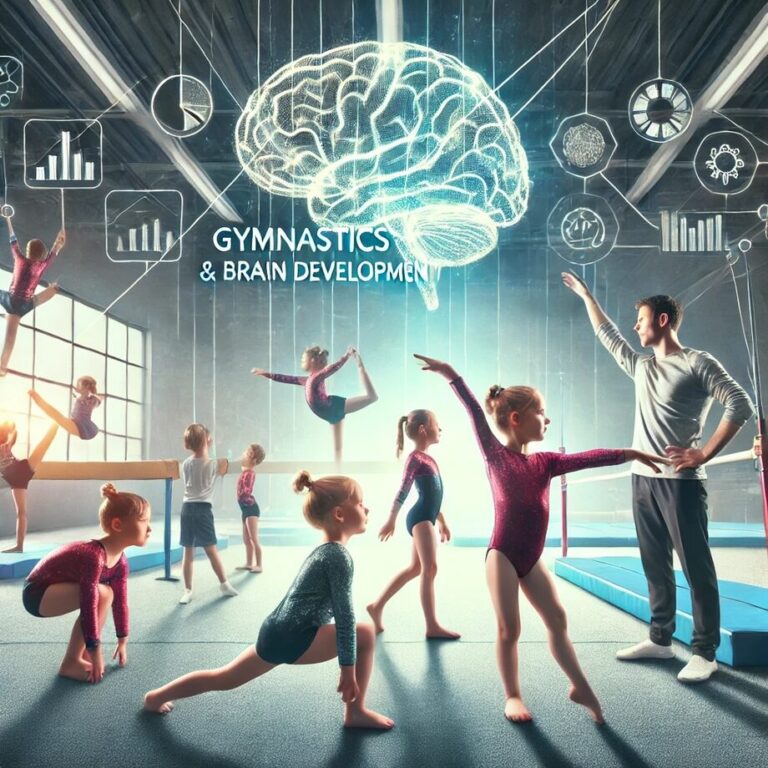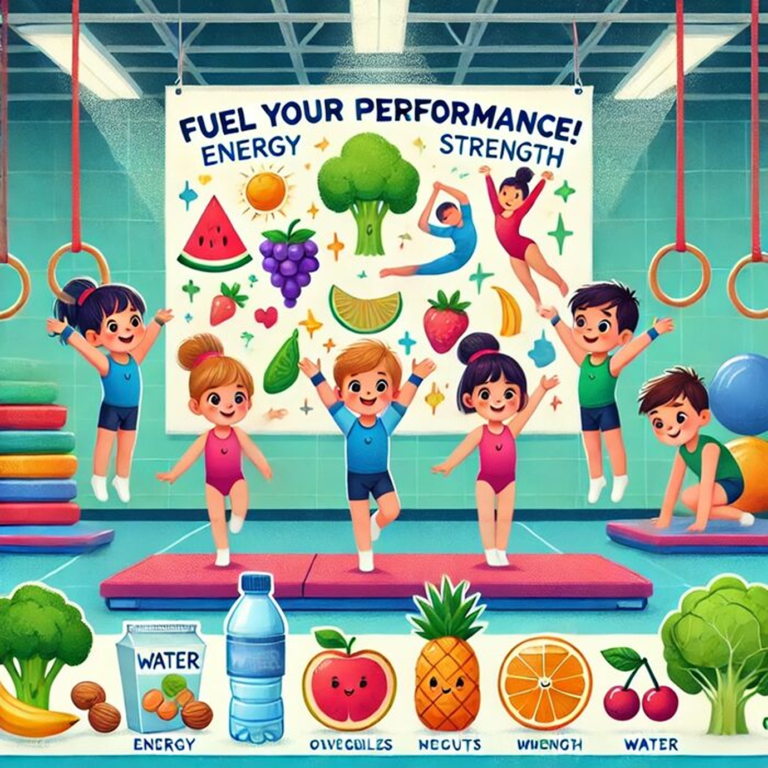
Flexibility is a fundamental component of gymnastics, essential for performing many skills and preventing injuries. For young gymnasts, developing flexibility is crucial for their overall development and success in the sport. In this blog post, we will explore the importance of flexibility in gymnastics, the benefits it offers young gymnasts, and tips for improving flexibility.

Gymnastics is more than just a physical activity; it’s a powerful tool for building confidence in children. The sport’s unique combination of physical challenges and mental demands can help young athletes develop a strong sense of self-belief and resilience.

While gymnastics is often associated with physical fitness, it also has significant benefits for brain development. The sport’s unique combination of physical challenges, cognitive demands, and social interactions can stimulate various areas of the brain, leading to improved cognitive function.

Gymnastics is not just about physical skills; it’s also a social activity that can help children develop important social skills. The collaborative nature of gymnastics provides opportunities for children to make friends, learn teamwork, and build strong relationships.

Gymnastics is a wonderful activity for children of all ages, offering numerous physical and mental benefits. However, it’s important to choose the right class to ensure your child is learning and progressing at a suitable pace. This blog post will guide you through the different gymnastics levels available for children of various ages and skill levels.

Nutrition plays a crucial role in a gymnast’s performance and overall health. A well-balanced diet provides the essential nutrients needed for energy, muscle development, and recovery. For young gymnasts, proper nutrition is especially important for supporting their growth and development.
© 2025 Orange Kids Gymnastics. Photo Orange Kids Gymnastics, www.freepik.com/